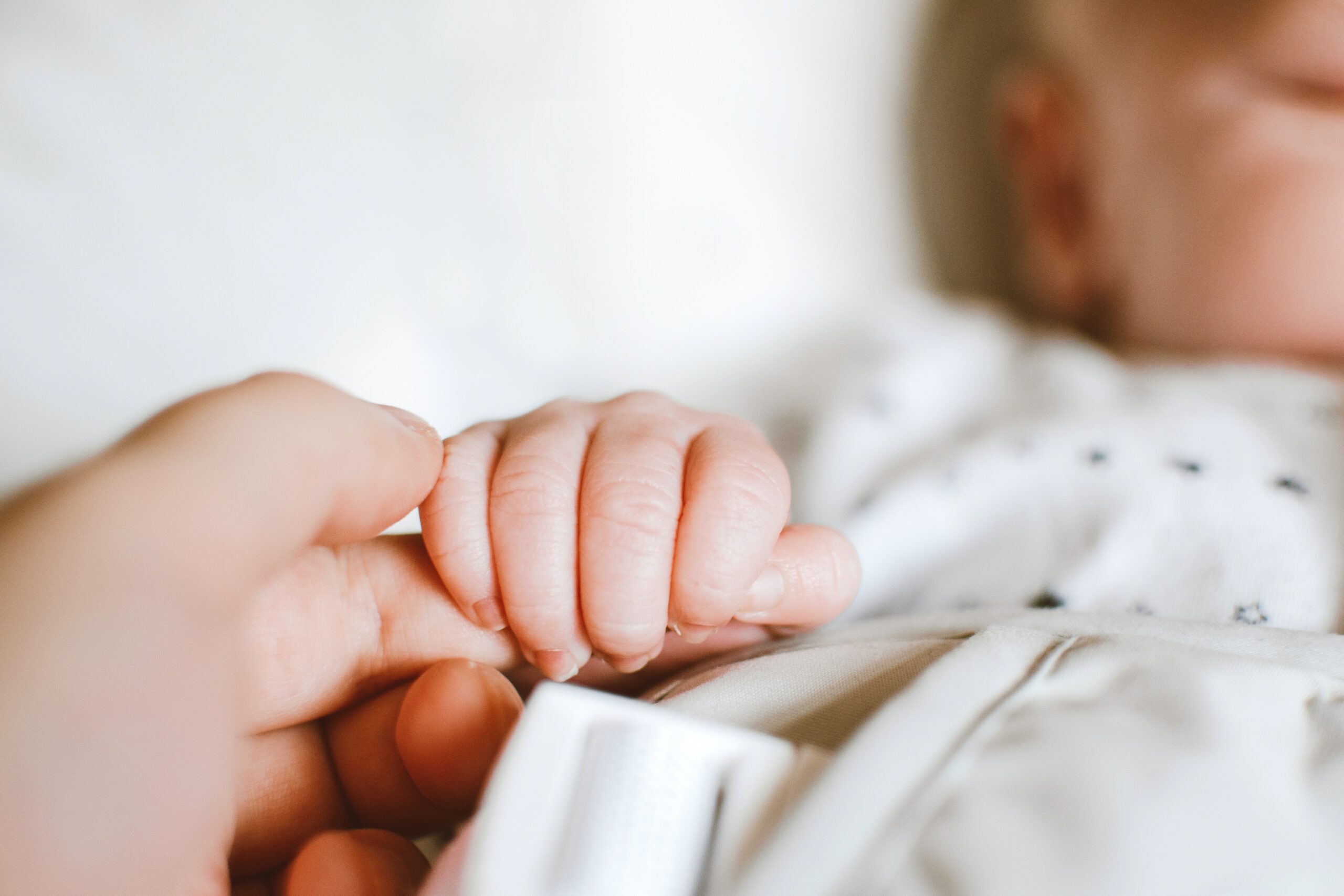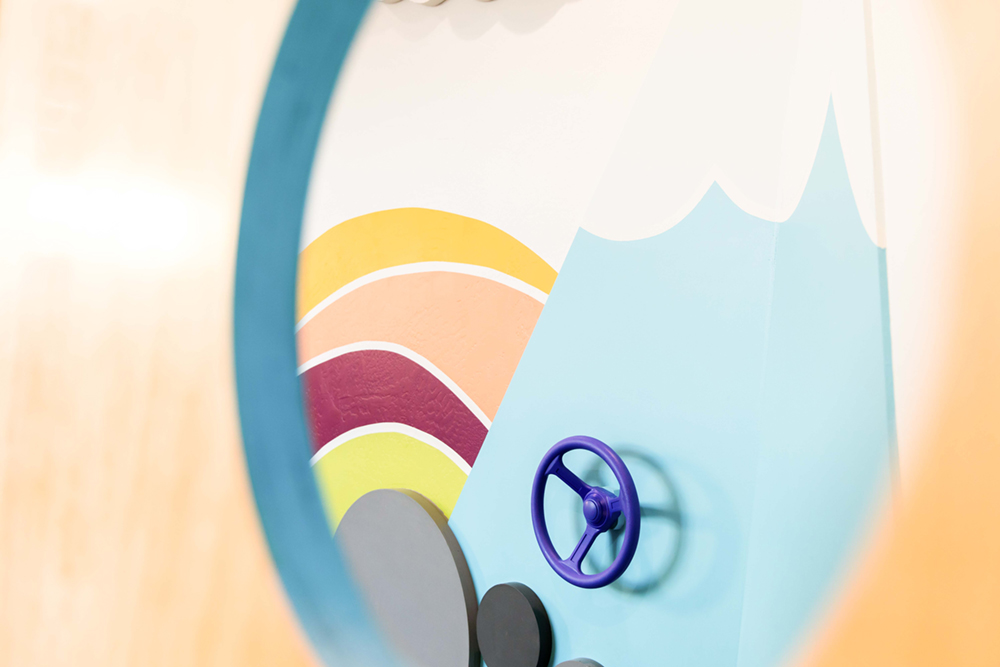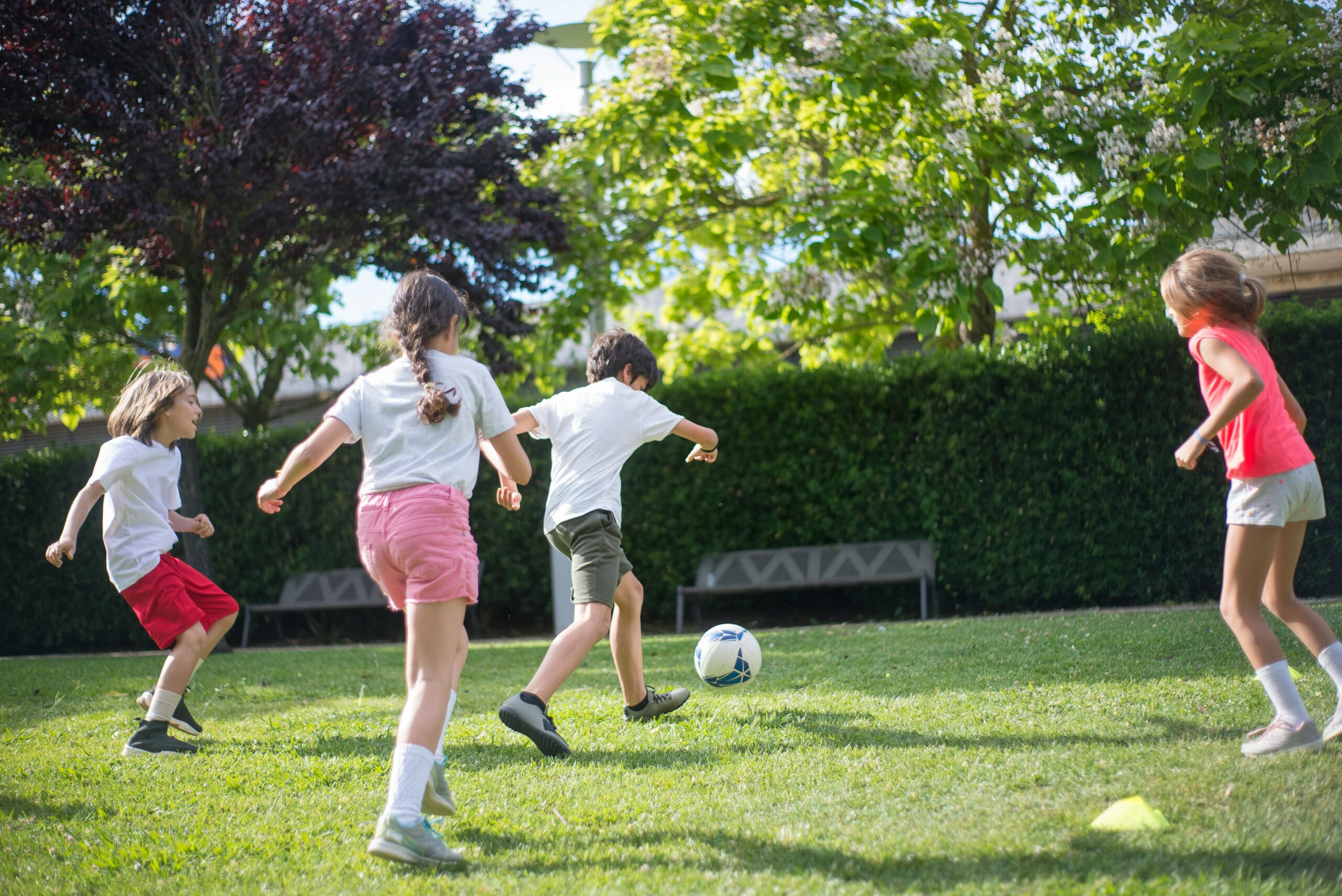Frontier Pediatric Partners is on a mission to reimagine Pediatrics! Through our online video series, we provide practical and useful childcare tips for new parents, grandparents, families, and guardians.
In this episode, we will be discussing potty training children! Our expert, Ryan Turner, will provide helpful insights, practical tips, and advice based on his years of experience in the field of childcare.
There are a lot of questions that come up for parents when potty training, like when do I start, how do I make it a good experience, what are signs my child is ready? We hope this video guides and eases you through the process, we are always here to help!
Don’t forget to like, share, and subscribe to our channel for more helpful videos like this one! Whether you’re a new parent looking for guidance, or a seasoned caregiver seeking new ideas and information, be sure to follow Frontier Pediatric Partners for our latest childcare tips and tricks. Thanks for watching!



